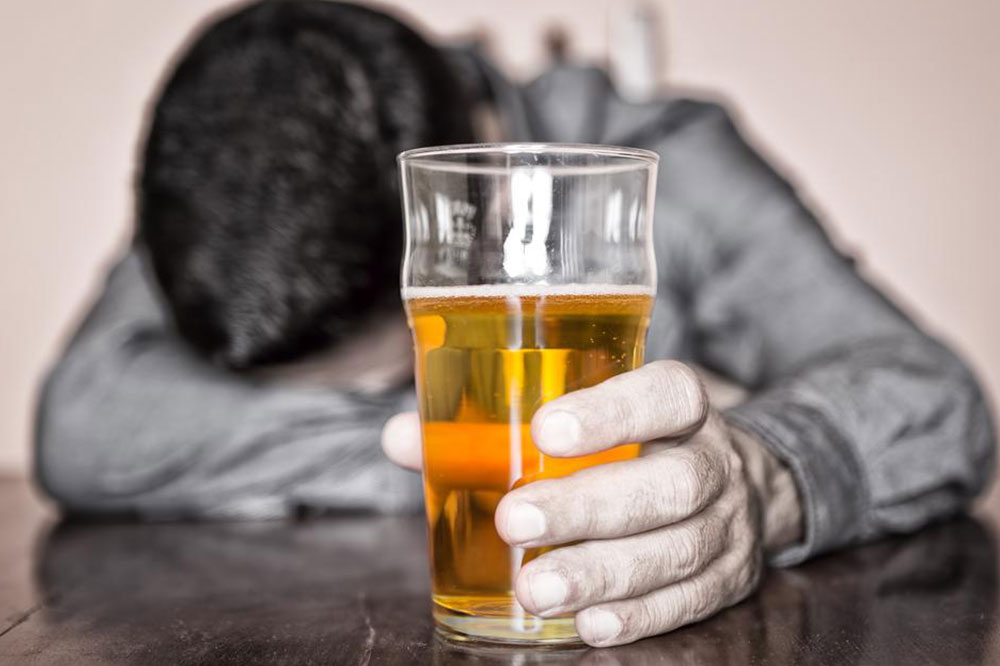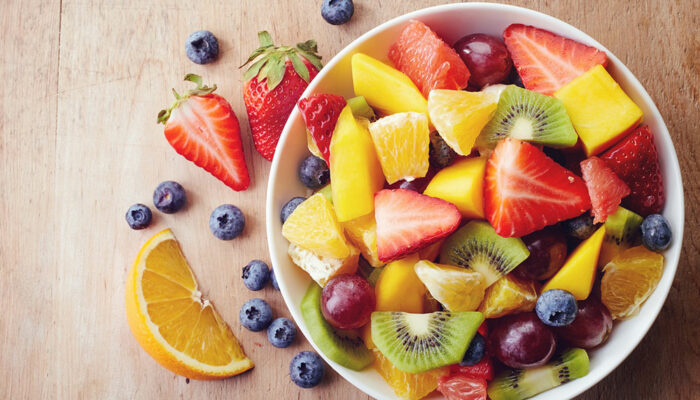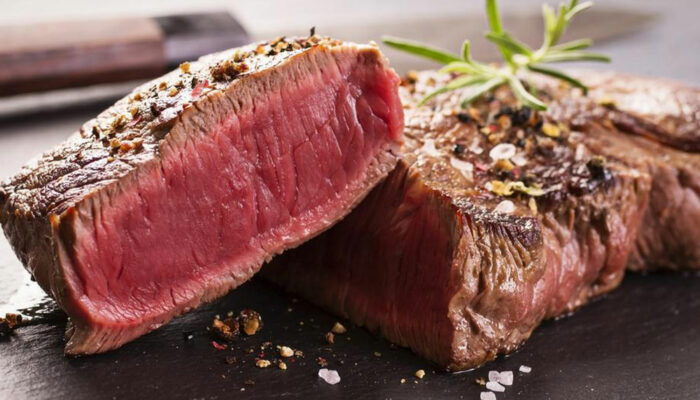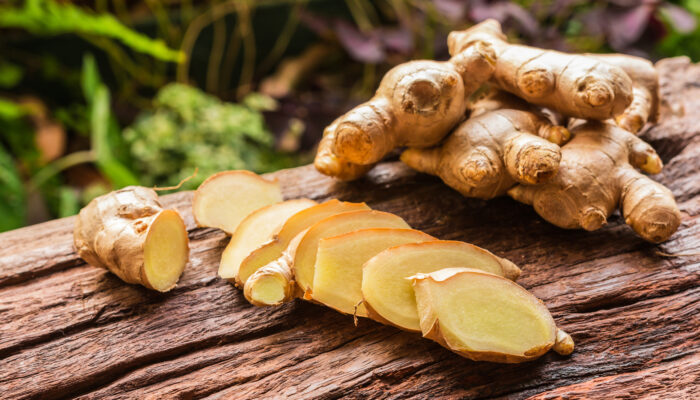
7 Diet Tips To Manage Alcohol And Substance Abuse
Alcohol and substance abuse is a major problem that needs to be treated through detoxification. One of the key elements of detox is diet. A proper diet can help in managing the de-addiction process smoothly. The article lists some effective diet tips to help manage alcohol and substance abuse.
Introduce Foods Slowly
One of the key diet tips to help manage alcohol and substance abuse is to introduce foods slowly. The process of detox can be challenging and eating can be seen as an alternative to addiction, which can cause weight gain.
Foods should be introduced slowly and the focus should be on small meals. This would help the body to be adjusted to food post-detox. Other foods can then slowly be introduced.
Foods With Tyrosine
Tyrosine is a substance found in some foods, which gets converted to dopamine. The de-addiction process can make a person feel low. Increased dopamine levels can help the patient feel good and stop craving drugs/alcohol.
Foods rich in tyrosine like bananas, lean beef, pork, whole grains, soybeans, sunflower seeds, and cheese can be introduced to the diet.
Foods With Tryptophan
Tryptophan is an amino acid that helps create serotonin. This is a mood elevating substance that can help the process of recovery by feeling happy. Foods with tryptophan like cheese, lamb, turkey, oat bran, beans, and tuna can be added to the diet.
Eat Fiber
The detox process can have a toll on digestion. Eating foods rich in fiber helps the digestive process. It helps in reducing common problems like nausea, constipation, and vomiting. Some of the fiber-rich foods to include in the diet are spinach, black beans, lentils, barley, bananas, rye, and broccoli.
Include Antioxidants
Antioxidants are very helpful in rebuilding the immune system. It helps the process of cleansing that happens during detox. Antioxidant-rich foods like berries, pecans, artichokes, pumpkins, carrots, and nuts can be consumed.
Foods Rich in L-Glutamine
L-glutamine is an important substance that helps to reduce sugar craving that happens commonly during detox. Foods rich in l-glutamine like spinach, kale, beets, papaya, beef, chicken, milk, and eggs can be included in the diet to reduce sugar cravings.
The Ideal Diet
The ideal diet to manage the de-addiction process effectively should have:
- 50% of foods should have complex carbohydrates (with fiber) like whole grains, fruits, and vegetables.
- 30% calories should come from healthy fat like fish and plant oils like canola and olive oil.
- 20% calories should come from proteins found in lean meat, tofu, legumes, and fish.
- Milk products, including yogurt, can be consumed. Two to three cups of milk products can be consumed daily.
All kinds of junk foods, fried foods, and foods with high sugar content must be strictly avoided.
The article on diet tips to help manage alcohol and substance abuse provided practical tips that are easy to follow. These tips can help one create a diet that aids the process of recovery from addiction.



